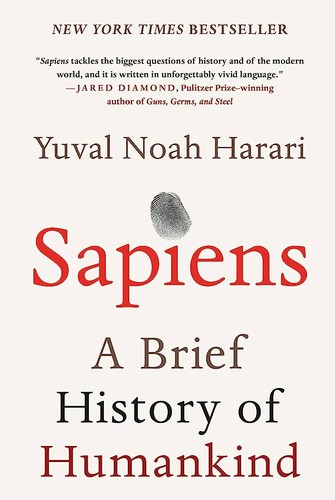Sapiens A brief Story of Human Kind
By Yuval Noah Harari - Daniel Casanave - David Vandermeulen - Pierre-Emmanuel Dauzat - Joandomènec Ros i Aragonès - Andoni Sagarna - Xabier Kintana - David Casanave

"Sapiens A brief Story of Human Kind", published by Harper in 2011,
Metadata of Sapiens A brief Story of Human Kind:
Metadata and Overview of "Sapiens A brief Story of Human Kind":
- Title: Sapiens A brief Story of Human Kind
- Authors: Yuval Noah Harari - Daniel Casanave - David Vandermeulen - Pierre-Emmanuel Dauzat - Joandomènec Ros i Aragonès - Andoni Sagarna - Xabier Kintana - David Casanave
- Publisher: Harper
- Publish Date: 2011
- ISBN-13: 9780062316097
- Open Library (OL) ID: OL28440487M